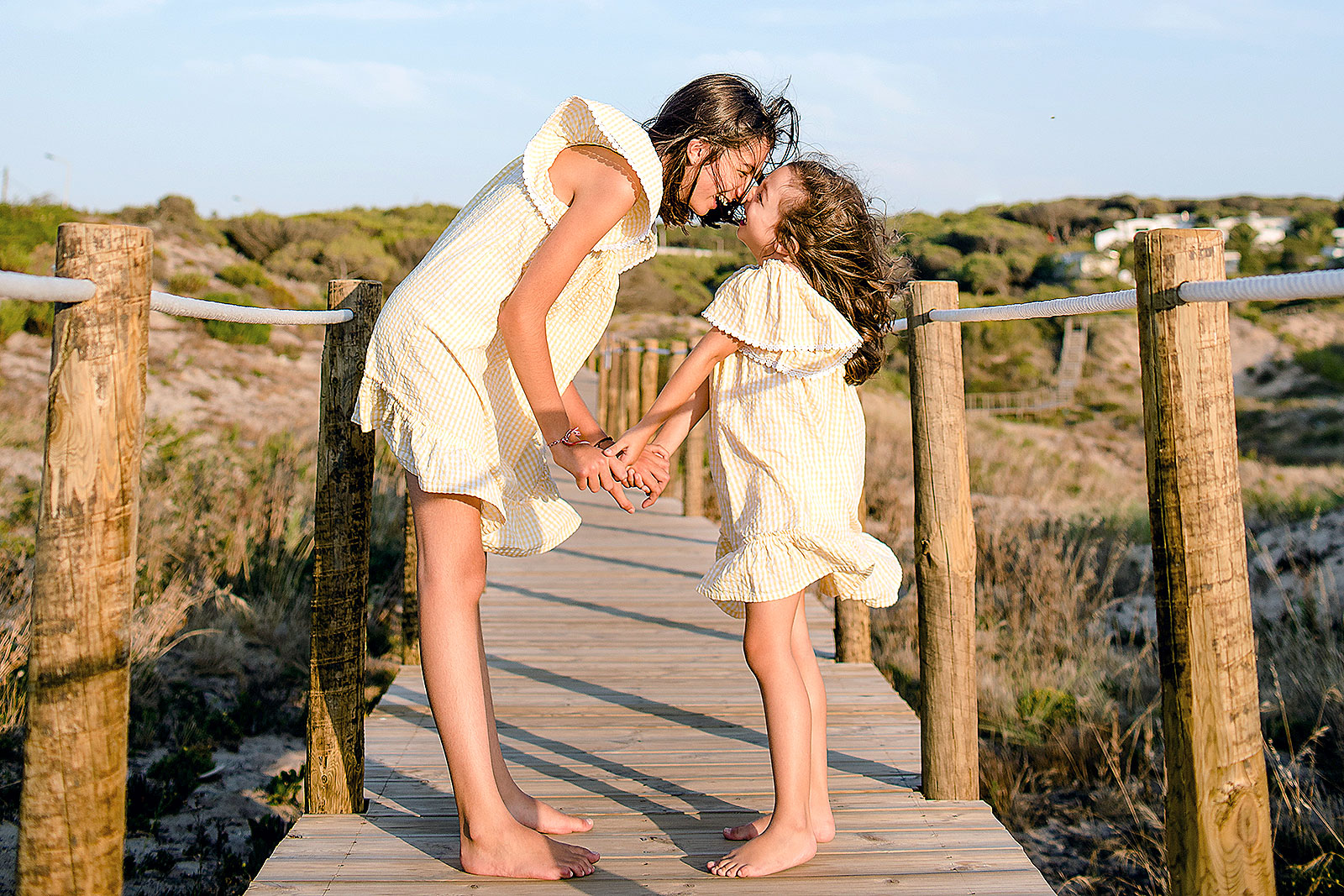Be the example of gratitude in five steps

Why do I say to you, “Be the example of gratitude in five steps”? Because I do not know (nor want) how to live without the daily practice of gratitude. Without it, I believe nothing makes sense.
gra·ti·tu-de
(from the Latin gratitudo, -inis)
noun
1. Feeling of remembrance and thankfulness for something received, in relation to the giver. = RECOGNITION
2. Quality of what is grateful.
“gratidão”, in Priberam Dictionary of the Portuguese Language (https://www.priberam.pt/dlpo/)
Being the first role model for your child, you can choose to encourage him/her in this habit so healthy and essential to life. The more gratitude you practice, the more your child will engrave it on himself/herself and be an example for those around him/her.
«Gratitude generates gratitude»
1. Thanking
The socially correct “thank you” is not an exercise of gratitude. Show your child how he/she can really thank someone from the heart, with a true sense of gratitude, with authenticity. When someone cooks for you, instead of simply saying: “Thank you”, you can express yourself like this: “I wholeheartedly thank you for your precious help. Today I came home exhausted and this gesture of yours made me feel loved, it is so good, I feel much better now.” Or you can make it simple and just say: “Thank you for cooking for me, I feel so special.”
2. Appreciating
Depending on the age of your child, you can present this proposal as a daily game. Share among you (in the family) an example of something you are thankful for on that day. You can do it when you leave school, on the way home or before bedtime, for instance.
3. Volunteering
We live in society, we are the society. Encourage your child to share toys, books, clothes, shoes… with those who least have. Or you can give wings to the imagination and together put your culinary skills into practice, cook a meal or bake a cake and take it to that neighbor who lives alone, without any family. Put your creativity at full steam and practice empathy.
«Gratitude transforms»
4. The list of gratitude
Ask your child to make a list of things/events in the year now ending for which he/she is grateful. If he/she still cannot write, help he/she with this task or you can draw together…
5. Attention to marketing
When your child (and it is the same with you) is too exposed to advertising, he/she starts developing the desire to possess material goods and loses the notion of what he/she already has, as well as the notion of gratitude for what he/has received (and so many times accumulates in the bedroom). Is this familiar to you or not? You just have to consciously manage the marketing campaigns he/she has access to.
What are you grateful for, here and now?




